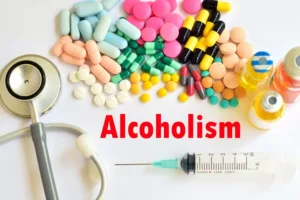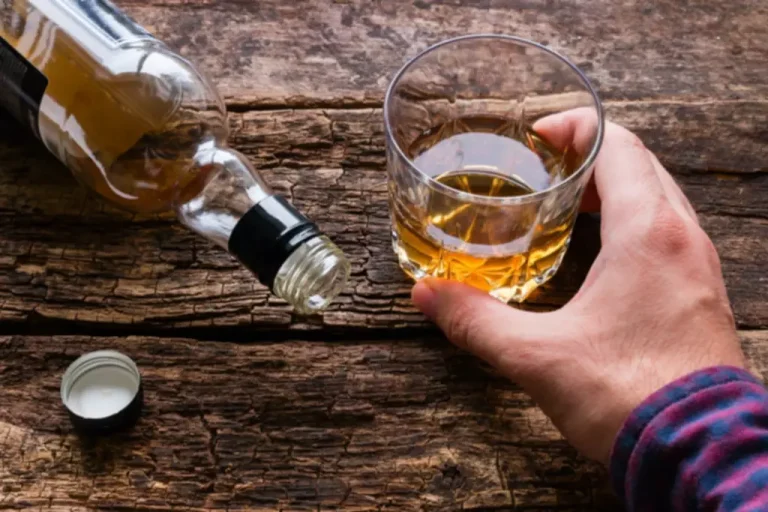
There are so many health benefits of not drinking alcohol, but not everyone wants to give up alcohol completely or give non-alcoholic wine a go. But if you do enjoy a regular tipple on your night off from looking after the kids (or once they’re asleep after a stressful bedtime), you may have noticed some of the negative effects that drinking can have. Long-term alcohol consumption can trigger persistent skin issues like increased wrinkling, permanent loss of skin elasticity, and exacerbation of inflammatory skin conditions. From dehydration and premature aging to inflammation and increased UV sensitivity, the effects of alcohol on your skin are multifaceted. Developing an awareness of these potential consequences can help in maintaining a healthy balance by moderating alcohol consumption and adopting skin-friendly practices.
Beauty Products With Results So Great, You’ll Be Stunned Into Silence
Healthy looking skin needs a good balance of moisture, so drinking plenty of water helps keep your skin hydrated. Think of water as an internal moisturizer, which you should apply continuously throughout the day. Alcohol can dehydrate your body, pulling moisture out of the skin, along with the vital nutrients your skin needs to keep it healthy.
- ‘When the skin follicles become blocked with skin cells and oil, oil starts to build up behind this blockage, resulting in the subsequent development of spots’, says Dr Hextall.
- The best way to avoid damaging your skin in the long and short term is to maintain a minimal or moderate level on your alcohol consumption.
- While there are several factors that contribute to the development of acne, alcohol consumption can play a role in exacerbating the condition.
- This is evidenced by a recent case study from the UK site Daily Mail, which involved a mother of two who normally drank five large glasses of wine weekly.
- Incorporate foods rich in vitamins, minerals, and antioxidants into your diet, such as fruits, vegetables, whole grains, and lean proteins.
- People who have psoriasis and drink more than 80g of alcohol per week have been found to have more severe treatment-resistant psoriasis, including erythrodermic psoriasis.
What are the effects of alcohol on skin?
- Chowing down on veggies packs a vitamin punch, but because your skin is the last organ to get the nutrients it needs from the bloodstream, applying vitamins topically is also a good option.
- Alcohol consumption is the most common cause of porphyria cutanea tarda (PCT).
- This article discusses some of the short and long-term effects that drinking alcohol can have on a person’s skin.
- Prolonged alcohol consumption and alcohol use disorder can lead to or aggravate a variety of skin conditions.
Of the many bodily processes impacted by alcohol, sleep ranks among the most vulnerable. And by interfering with your sleep cycle, alcohol effectively and significantly compromises your body’s cellular rejuvenation https://ecosoberhouse.com/ cycle. (Not to mention, your key cognitive functions.) This is when your body best heals itself from all ailments, and when it rapidly regenerates cells in order to keep you in tip-top shape.
Alcohol exacerbates inflammation.

However, quitting alcohol can have a positive impact on your skin’s appearance and health, contributing to a fresher and more youthful look,’ adds Xu. First things first, the odd drink here or there isn’t going to break your body. But the unfortunate truth is alcohol is a hepatotoxin, how alcohol affects your skin meaning it specifically damages the liver, and this organ is intimately connected to your skin’s function. WH spoke to the experts to find out how your alcohol intake can directly impact your your healthy glow and what happens to your skin once you put that tipple down.

Dermatology Partners Houston Clear Lake, “If you’re going to enjoy some cocktails at your holiday party, plan ahead to make sure you’re protecting your skin. However, for skin conditions related to AUD, liver disease, or excessive alcohol consumption, the best preventive measure is to stop drinking alcohol. There are several skin conditions that have been linked to alcohol consumption. One such condition is rosacea, a chronic inflammatory skin condition that causes redness and visible blood vessels on the face. Alcohol is a known trigger for rosacea flare-ups and can worsen symptoms in those who already have the condition. While having a glass of wine on occasion shouldn’t cause skin health issues, frequent and excessive alcohol consumption can.
Treatment for Alcohol Withdrawal Shaky Hands

